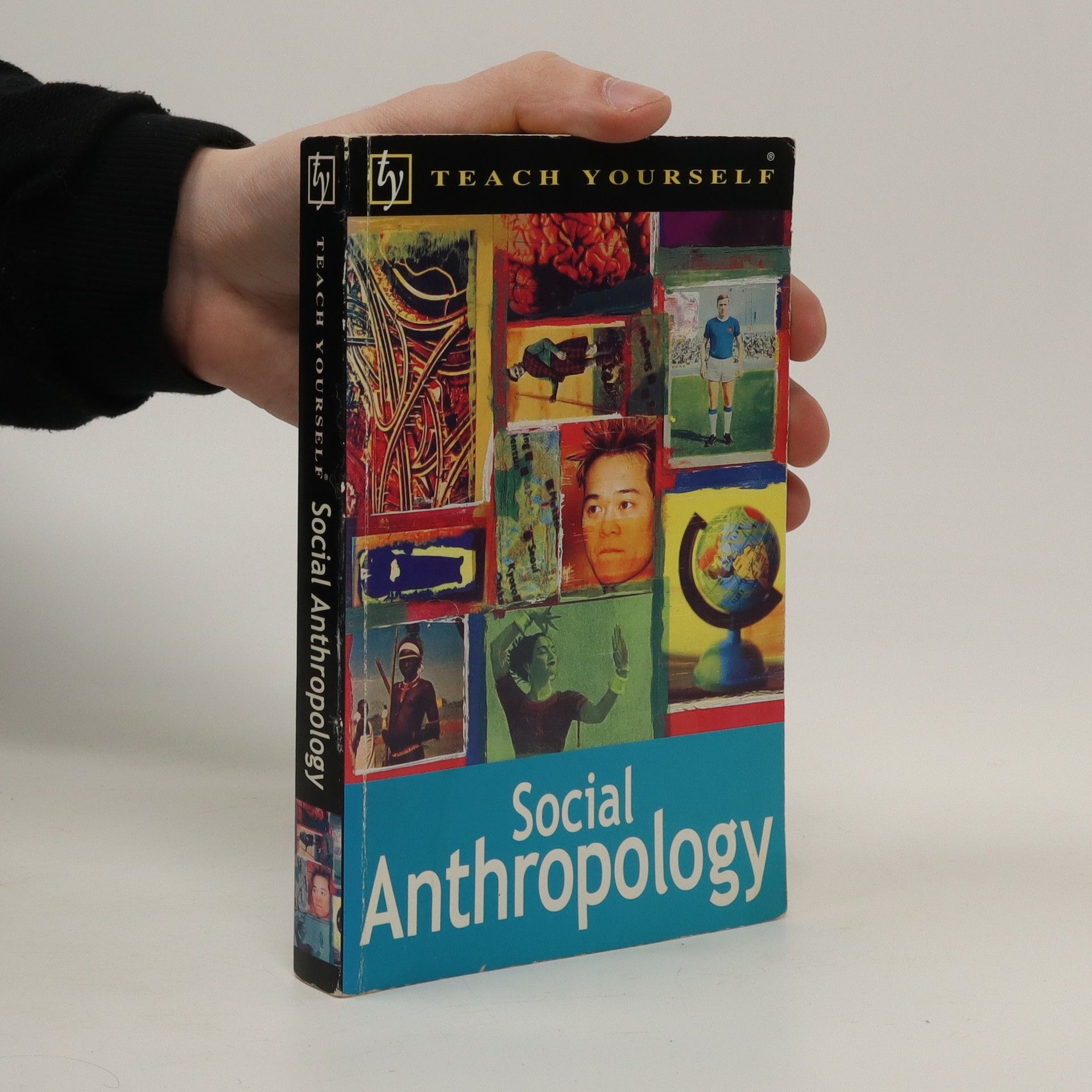Social Anthropology
- 301 Seiten
- 11 Lesestunden
A general introduction to the study of the human race. It discusses the development and variety of a wide cross-section of social groups, identifying the common factors of homo sapiens. It also observes evolving trends, such as the break-up of many societies through globalization.
